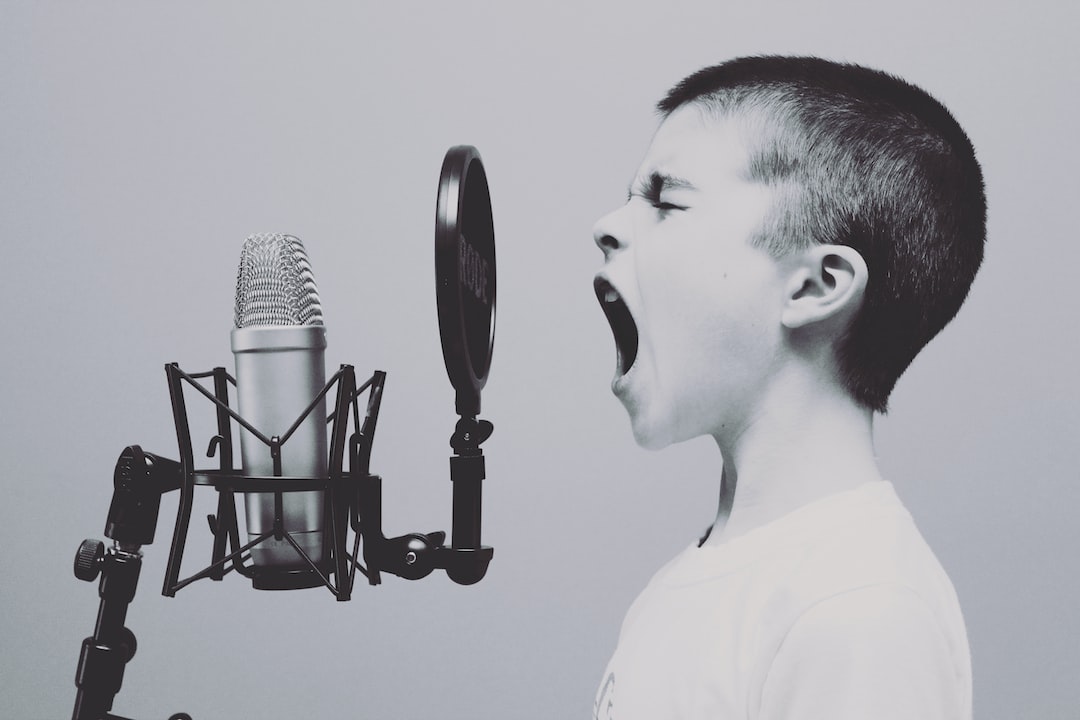The Psychology Behind Social Media Addiction
In today’s digital age, it seems nearly impossible to escape the lure of social media. Whether it’s scrolling through Instagram, endlessly refreshing Twitter, or mindlessly swiping on dating apps, social media has become an integral part of our lives. However, have you ever stopped to wonder why we are so drawn to these platforms? What is it about social media that keeps us glued to our screens for hours on end? The answer lies in the psychology behind social media addiction.
1. Dopamine and the Reward System:
One of the main reasons social media is so addictive is the release of dopamine in our brains. Dopamine is a neurotransmitter associated with pleasure and reward. Every time we receive a like, comment, or share on our social media posts, our brain releases dopamine, making us feel good. This pleasurable feeling motivates us to seek out more engagement on social media, creating a loop of reward-seeking behavior.
2. Fear of Missing Out (FOMO):
Another psychological factor that contributes to social media addiction is the fear of missing out, or FOMO. Humans have an innate desire to be included, to be part of a community. Social media platforms provide a means for individuals to stay connected with their friends, family, and even strangers. The constant stream of updates from others’ lives can create a fear of missing out on experiences, events, or opportunities. This fear drives us to constantly check our social media feeds, ensuring that we are not left out of any conversations or events.
3. Positive Reinforcement and Validation:
The validation we receive from others on social media plays a significant role in our addiction to these platforms. When we post something on social media and receive likes, comments, or shares, we feel validated and acknowledged. This positive reinforcement strengthens our desire to continue posting and seeking validation from our online community. The need for external validation can become addictive, as we rely on others to boost our self-esteem and sense of worth.
4. Comparison and Envy:
Social media is often a highlight reel, where people showcase only the best aspects of their lives. As a result, we may find ourselves constantly comparing our own lives to others. This comparison can lead to feelings of envy, inadequacy, and low self-esteem. However, instead of stepping away from social media, we may find ourselves even more engrossed in it, seeking validation and attempting to keep up with the glamorous lives we see online.
5. Escape and Coping Mechanism:
For some individuals, social media serves as an escape from reality or a coping mechanism for stress, anxiety, or loneliness. It provides a distraction from everyday problems and offers a sense of companionship and connection with others, even if it is only superficial. This escape from reality can be addictive, as individuals rely on social media as a means to cope with emotions and avoid facing their issues in the real world.
So, how can we break free from the clutches of social media addiction?
1. Set Boundaries:
Establishing clear boundaries with your social media usage is crucial. Set specific times during the day when you allow yourself to browse through social media, and avoid mindlessly scrolling outside of those designated times. By consciously limiting your screen time, you can regain control over your social media usage.
2. Find Alternative Activities:
Instead of turning to social media as a means of escape or distraction, find alternative activities that promote well-being and personal growth. Engage in hobbies, exercise, read a book, or spend quality time with loved ones. By replacing social media with activities that bring you joy and fulfillment, you can reduce your reliance on these platforms.
3. Practice Mindfulness:
Mindfulness can help you become more aware of your social media usage and the emotions it triggers. Pay attention to how you feel before, during, and after using social media. Recognize when you are seeking validation or comparing yourself to others, and consciously choose to step away from the platform.
4. Seek Support:
If you find that you are struggling to overcome your social media addiction on your own, seek support from friends, family, or even professional help. Join support groups, attend therapy, or consult addiction specialists who can guide you through the process of breaking free from your addictive behaviors.
In conclusion, social media addiction is a complex phenomenon rooted in the psychological factors of dopamine release, fear of missing out, validation-seeking, comparison, and escapism. By understanding the psychological mechanisms at play, we can take steps to reclaim control over our social media usage and focus on living a balanced, fulfilling life in the real world.

